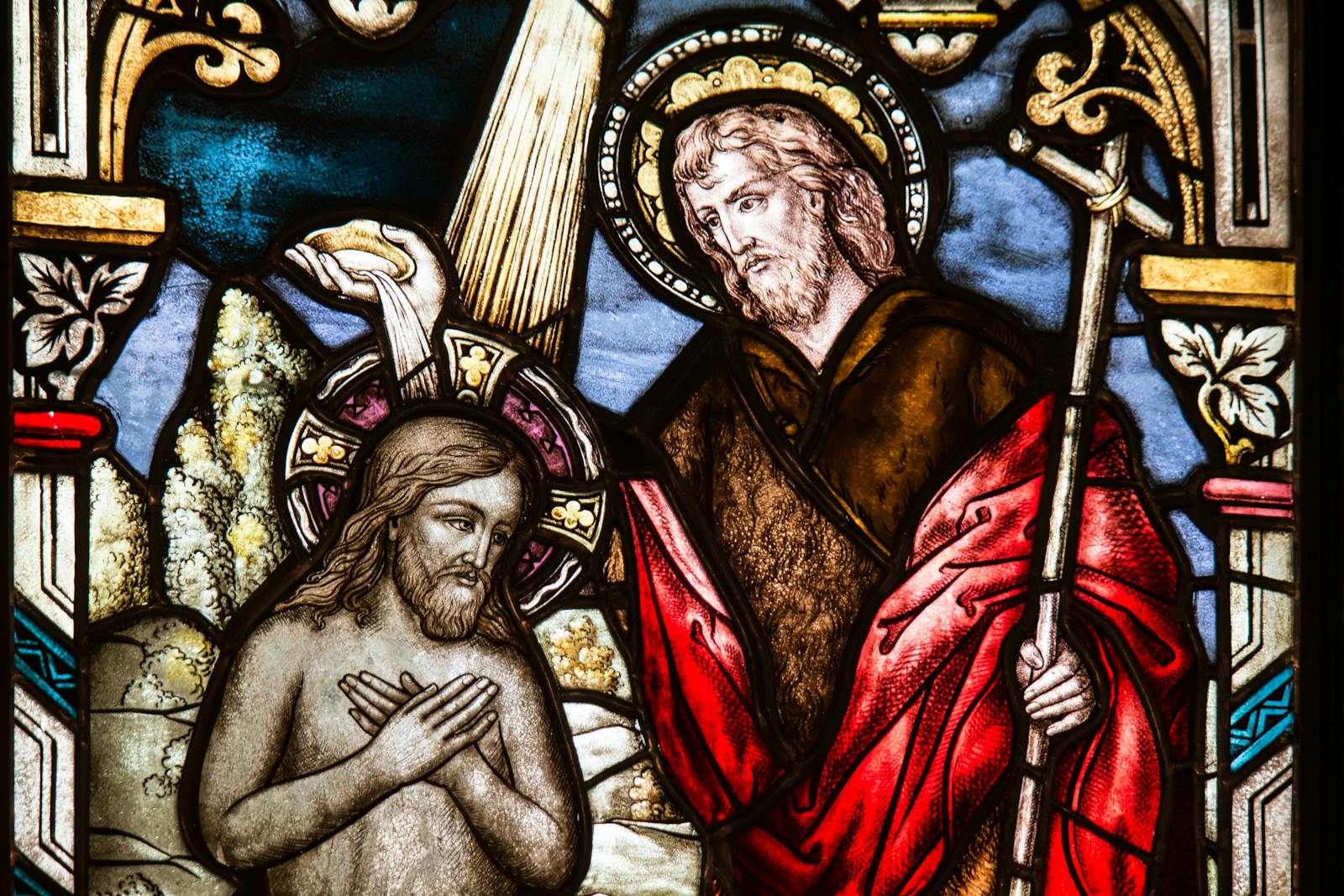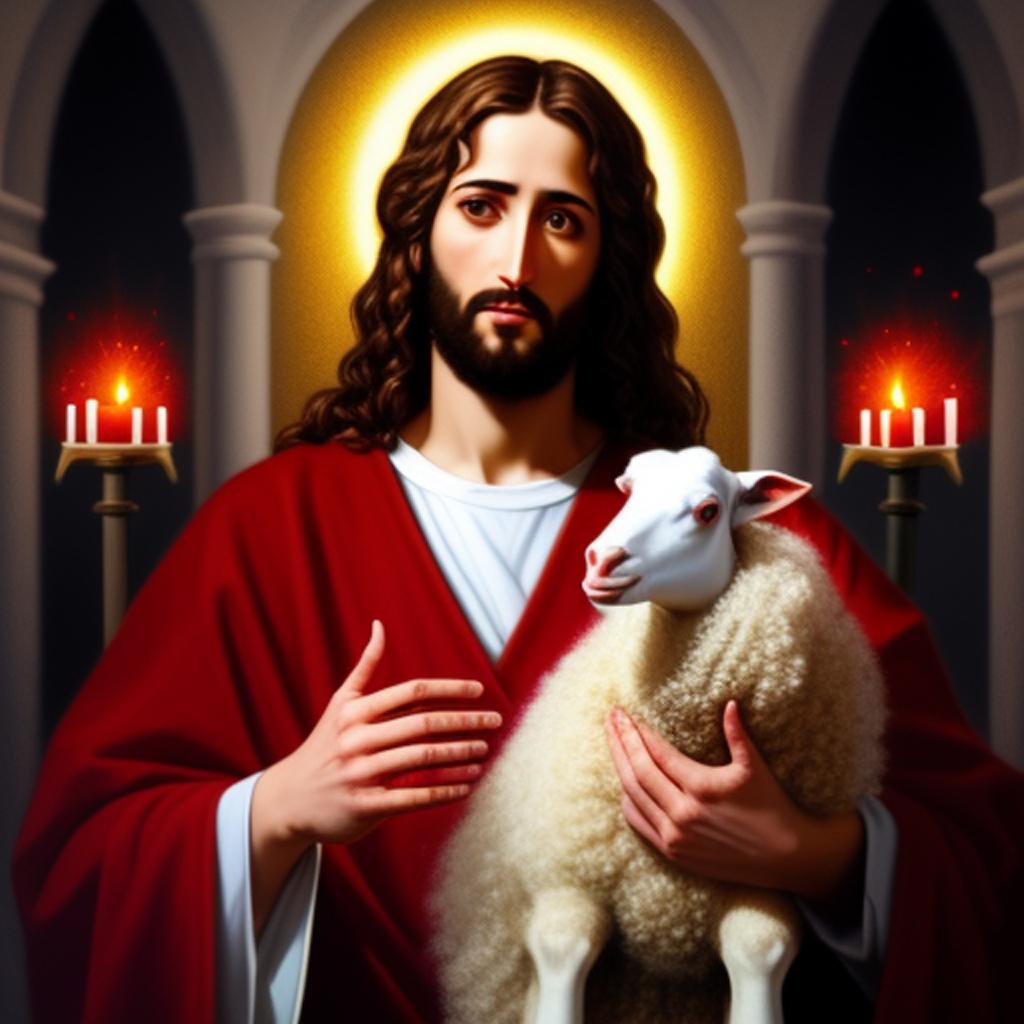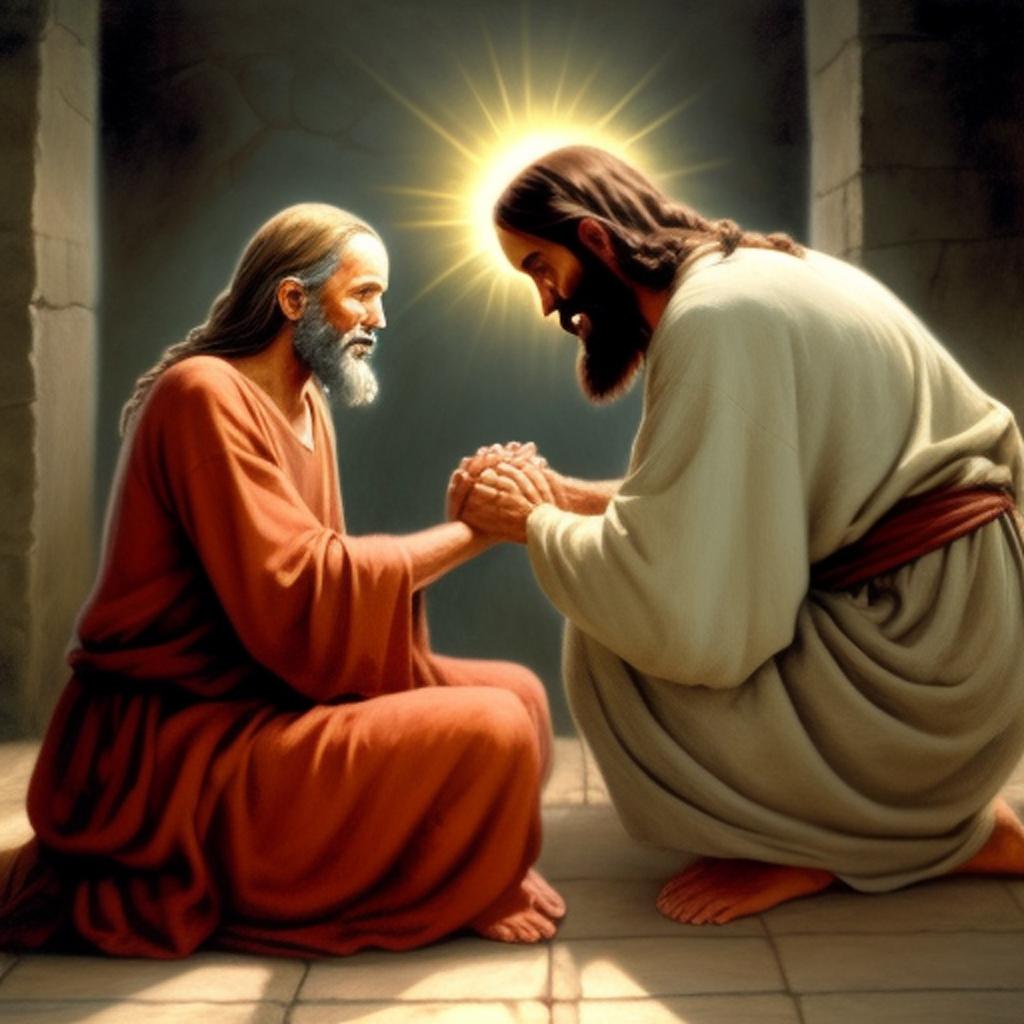Obadiah 1: Edom’s Pride and Punishment, a Glimpse of Universal Judgment
Obadiah 1, one of the shortest books in the Old Testament, delivers a powerful punch. It’s a searing indictment of Edom, Israel’s brother nation, for their betrayal, boasting, and participation in Jerusalem’s destruction. Yet, amidst the pronouncements of judgment, a sliver of hope flickers, pointing towards a restoration and a day of universal reckoning. Let’s unpack this chapter, exploring its connections to broader biblical themes and pondering its implications for understanding our own lives and relationships.
A Cry of Outrage from the Lord:
The chapter opens with a dramatic announcement: “The vision of Obadiah. Thus says the Lord God concerning Edom: ‘We have heard a report from the Lord, and a messenger has been sent among the nations, saying, “Arise, and let us rise up against her for battle!”’” (Obadiah 1:1). This sets the stage for a pronouncement of judgment against Edom for their callous disregard for their brotherly bond with Israel and their active participation in their suffering.
This theme of God’s wrath against injustice resonates throughout the Bible, from the plagues in Egypt to the pronouncements of prophets like Amos and Hosea. It reminds us that God stands up for the vulnerable and holds oppressors accountable for their actions.
Edom’s Pride and Fall:
Obadiah paints a vivid picture of Edom’s arrogance and self-reliance. They dwell in secure rock clefts, believing themselves impervious to attack (Obadiah 1:3-4). They boast of their wisdom and strength, mocking Israel’s misfortune (Obadiah 1:12). This hubris echoes the story of Babel in Genesis 11 and foreshadows the downfall of other prideful figures throughout the Bible. It serves as a cautionary tale, reminding us of the dangers of pride and the potential for even the most secure to be humbled.
Restoration for Israel, Judgment for All Nations:
While the pronouncement of judgment against Edom forms the primary focus of the chapter, a flicker of hope emerges for Israel. God declares, “But on Mount Zion there will be survivors, and it will be holy. Jerusalem will take possession of Esau’s territory as far as Edom…” (Obadiah 1:17). This promise of restoration foreshadows the ultimate victory of God’s people and hints at a future era of justice and peace.
Furthermore, the chapter concludes with a broader declaration: “The day of the Lord is near for all nations. As you have done, it will be done to you; your deeds will return upon your own head” (Obadiah 1:15). This statement expands the scope of judgment beyond Edom, suggesting a universal day of reckoning where all nations will face the consequences of their actions. It echoes similar pronouncements in Isaiah and Zephaniah, reminding us that God’s justice will ultimately prevail.
#Obadiah1 #EdomsPrideandPunishment #GlimpseofUniversalJudgment #OutragefromtheLord #GodsWrath #EdomsArrogance #PrideandFall #RestorationforIsrael #JudgmentforAllNations #DayoftheLord #ConsequencesofPride #HopeforRestoration #UniversalDayofReckoning #GodsJusticeandRighteousness #ConsequencesofInjustice #HopeforRedemption #LivingtheObadiah1Story
Connections to the Gospel:
- God’s Justice and Righteousness: Obadiah paints God as a just ruler who stands up for the oppressed and judges the actions of both individuals and nations. This aligns with the Gospel’s message of Jesus’ ultimate triumph over evil and his call for justice and righteousness in the world.
- Consequences of Pride and Injustice: Obadiah serves as a warning against the dangers of pride and the harm it can inflict on ourselves and others. It resonates with the Gospel’s teachings on humility and compassion, highlighting the importance of acknowledging our shortcomings and seeking forgiveness.
- Hope for Restoration and Redemption: Despite the pronouncement of judgment, Obadiah offers a glimmer of hope for both Israel and humanity. This aligns with the core message of the Gospel, offering forgiveness, redemption, and ultimate restoration for those who turn to God with repentance and faith.
Living the Obadiah 1 Story:
Obadiah 1 challenges us to:
- Examine our own hearts: Do we harbor any feelings of pride or bitterness towards others, even towards those who may have wronged us?
- Seek justice and advocate for the marginalized: Are we actively using our voices and resources to stand up for those who are suffering injustice?
- Live with humility and compassion: Instead of focusing on our own achievements or seeking revenge, do we approach others with understanding and forgiveness?
While Obadiah 1 presents a stark picture of judgment, it ultimately offers a message of hope and the possibility of a future where justice and restoration prevail. By heeding its warnings and embracing its lessons, we can strive to build a world that reflects God’s values of love, compassion, and righteousness, both in our personal lives and in our interactions with others.



